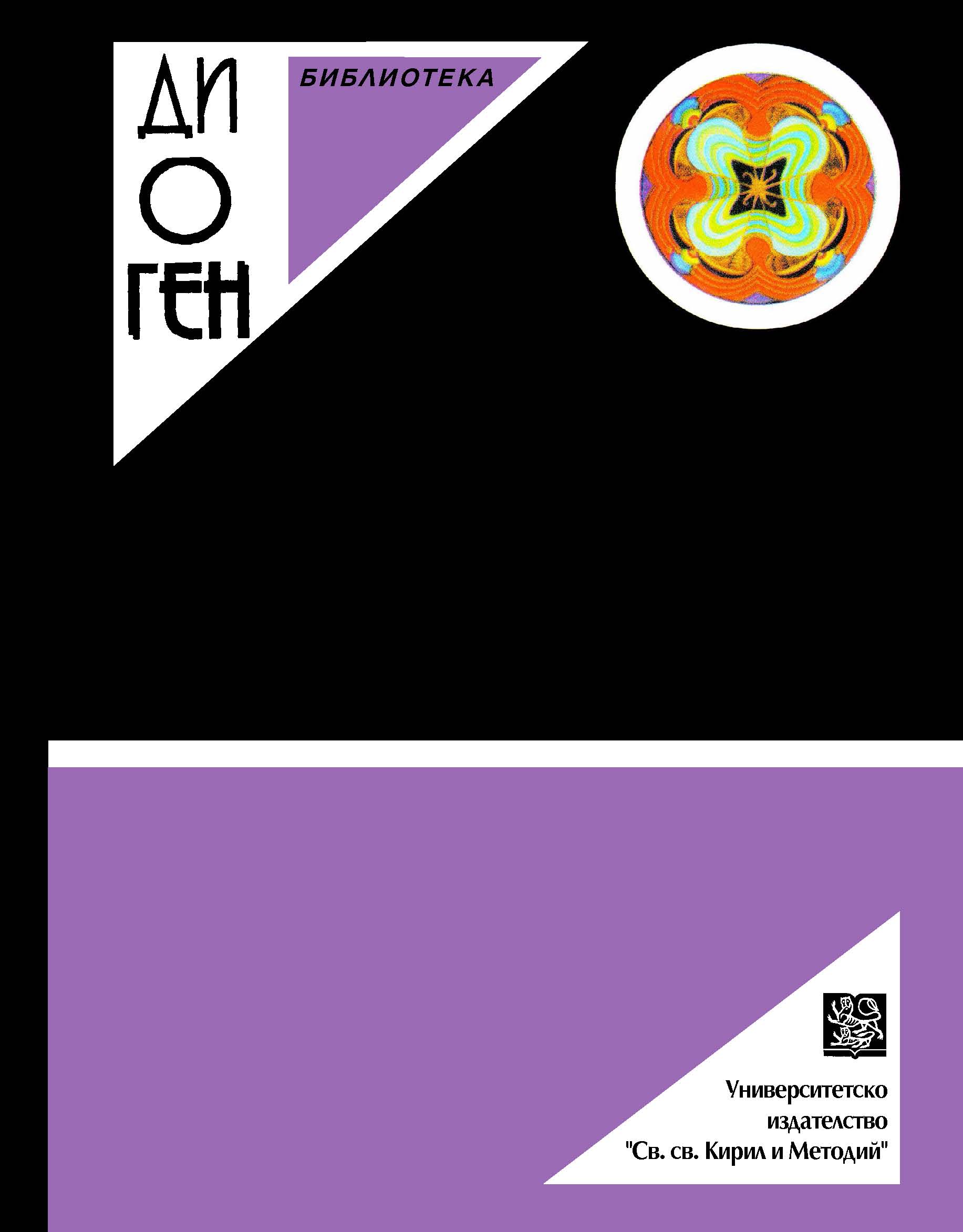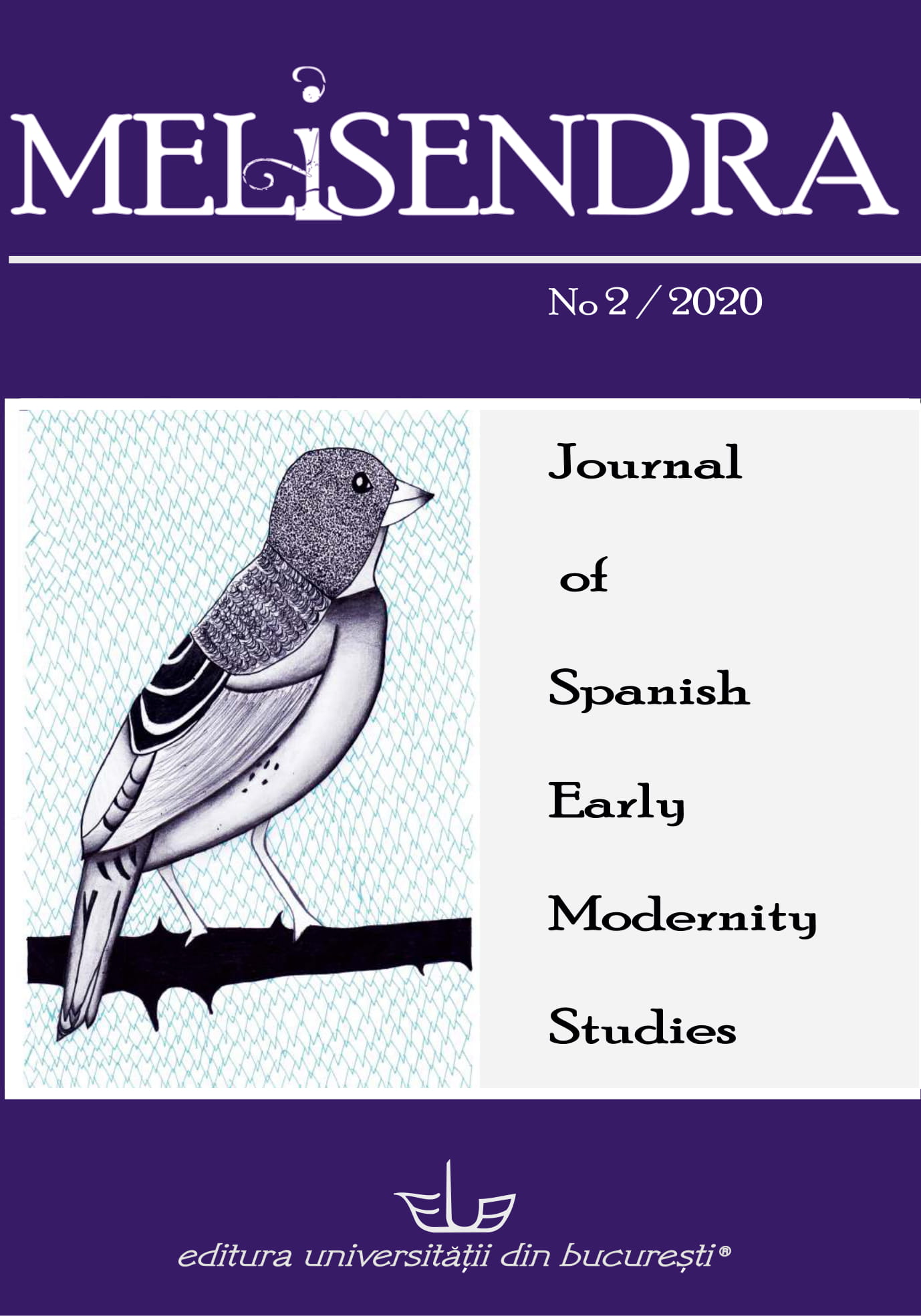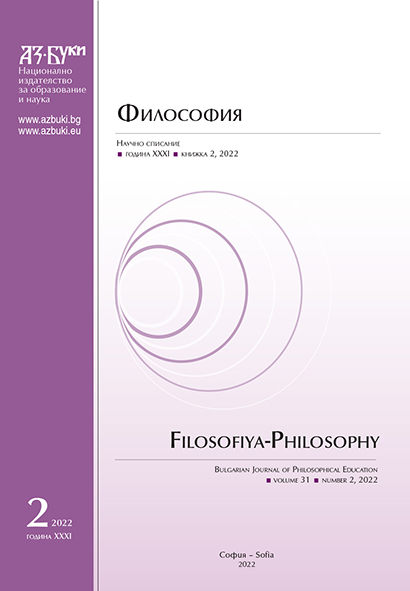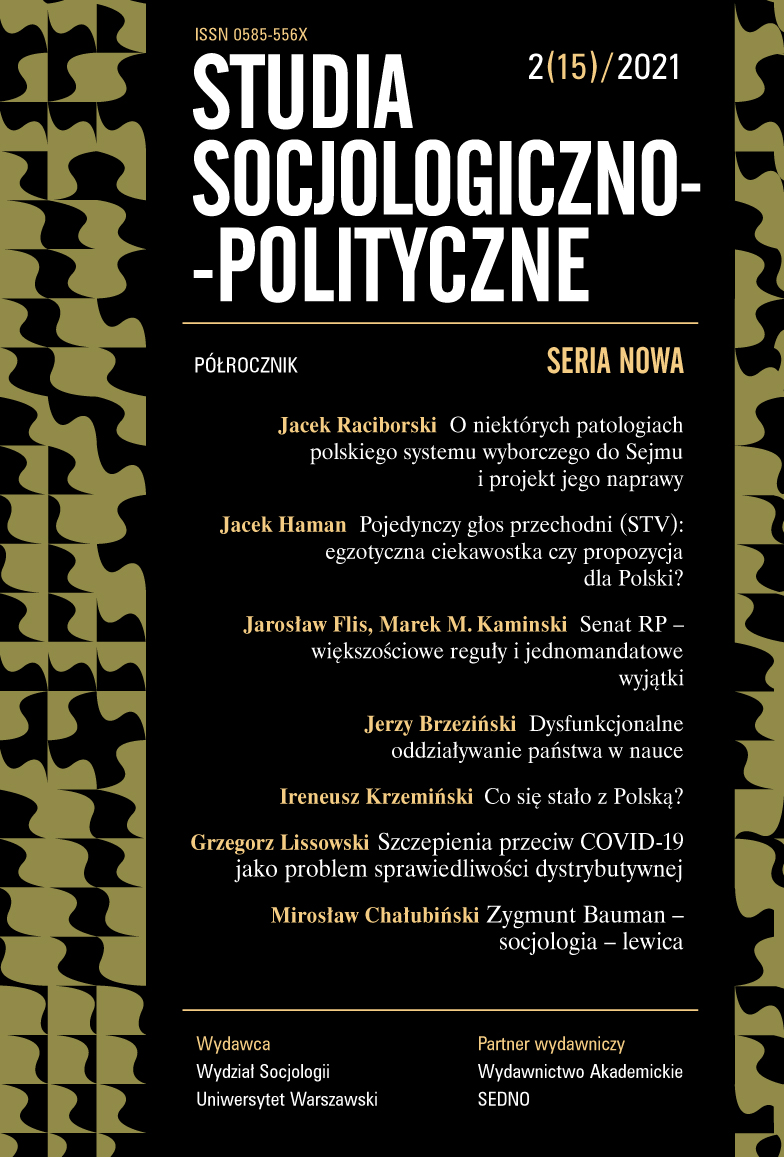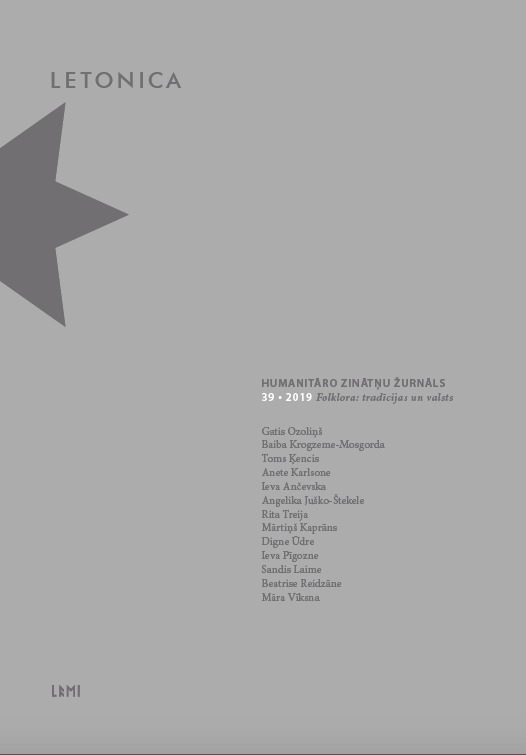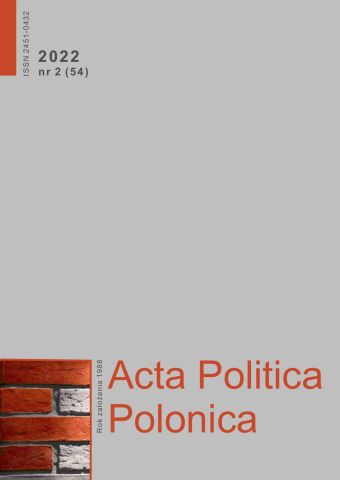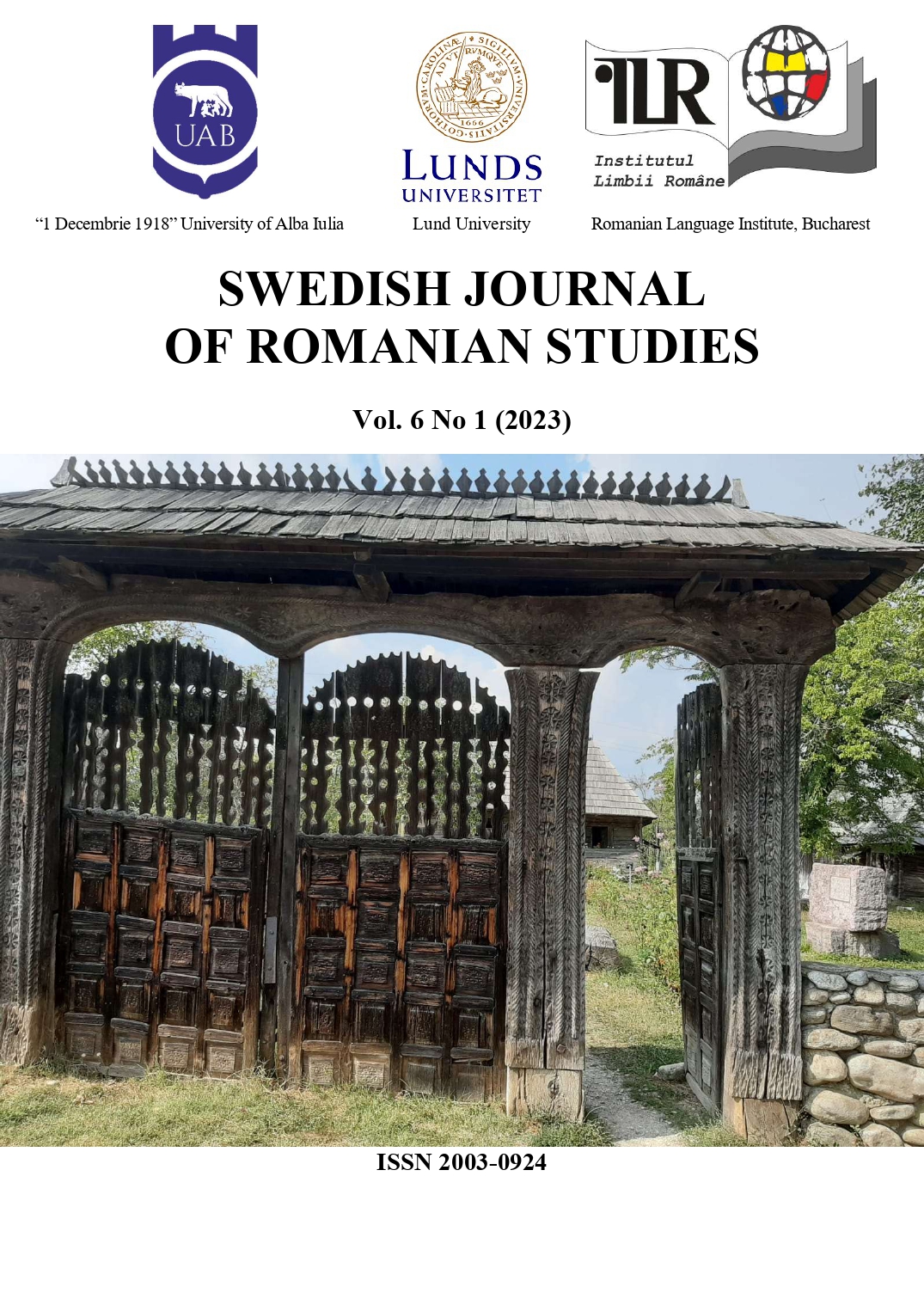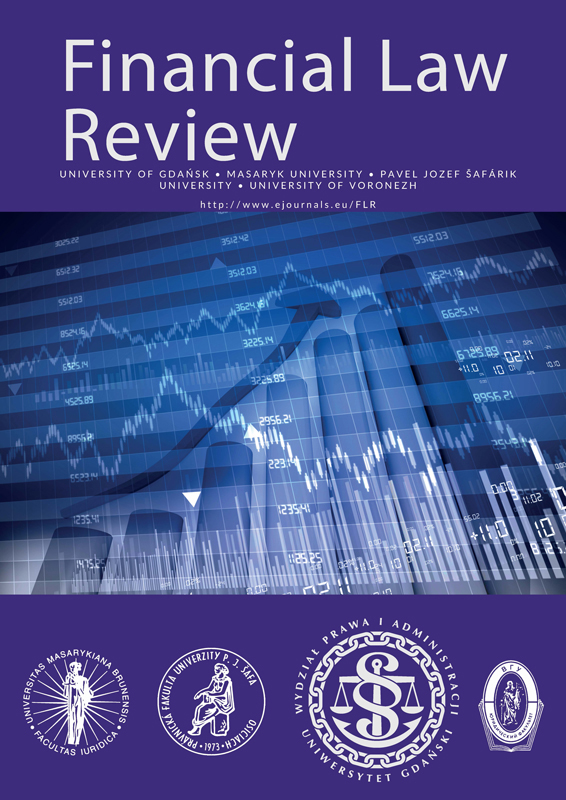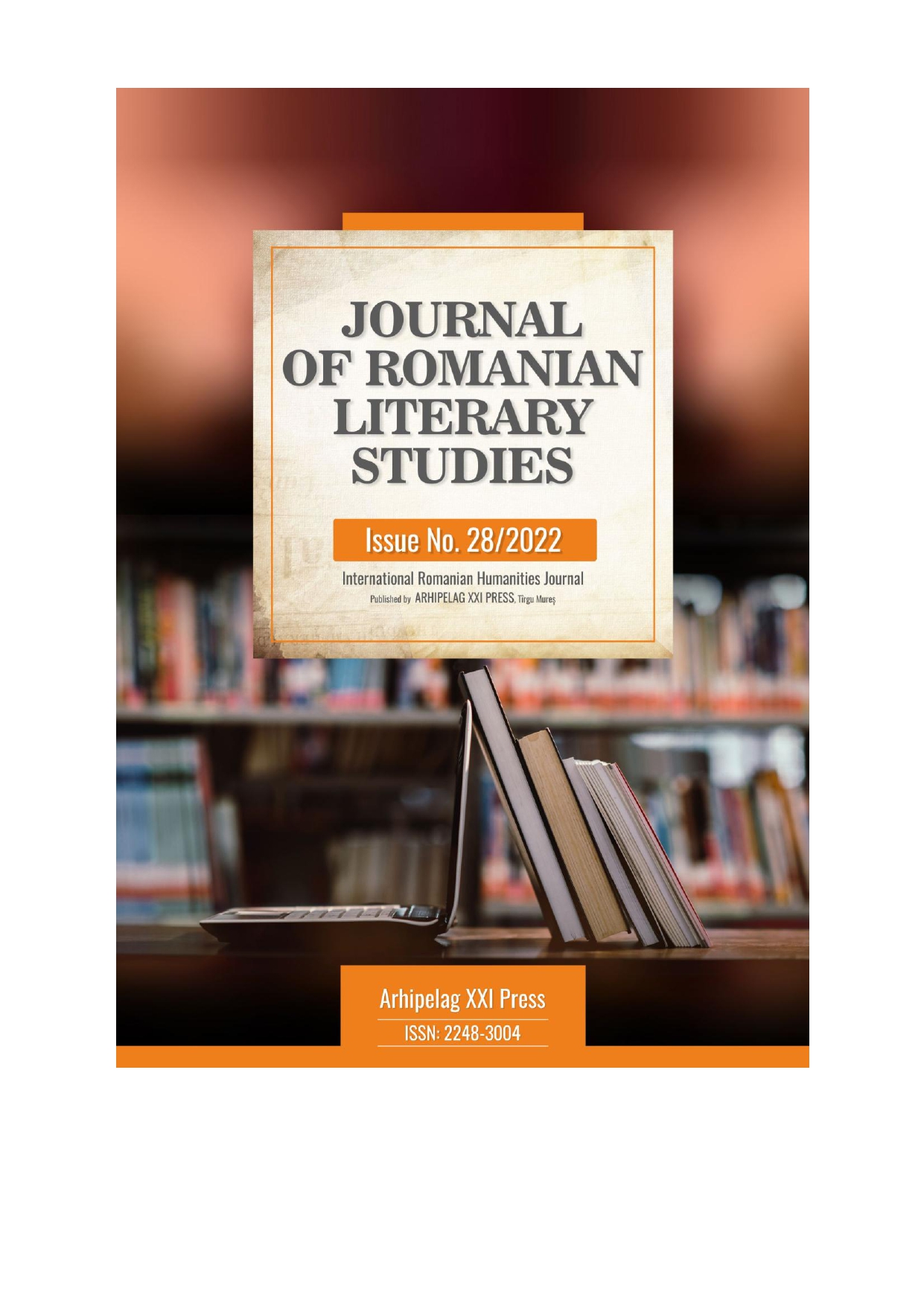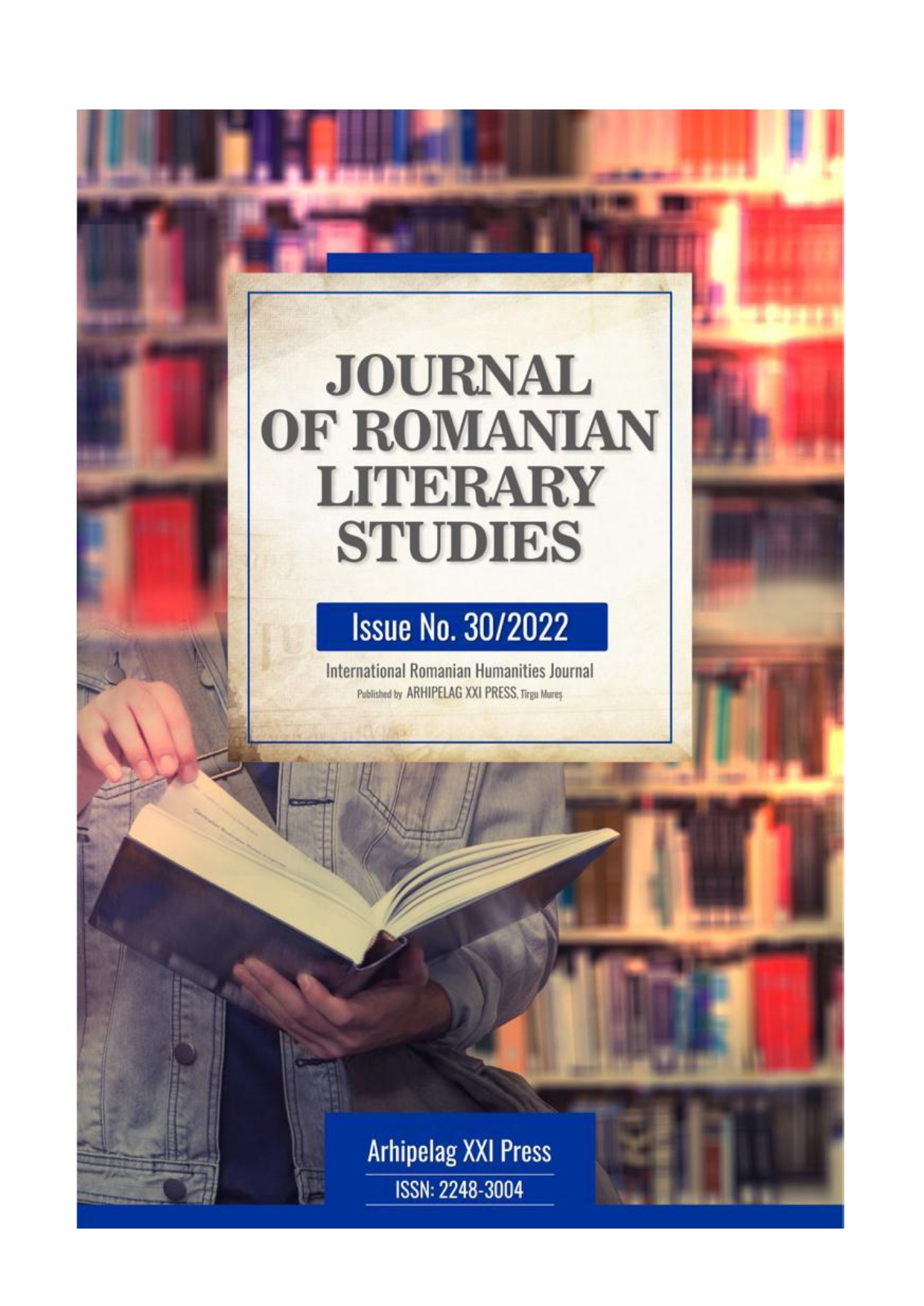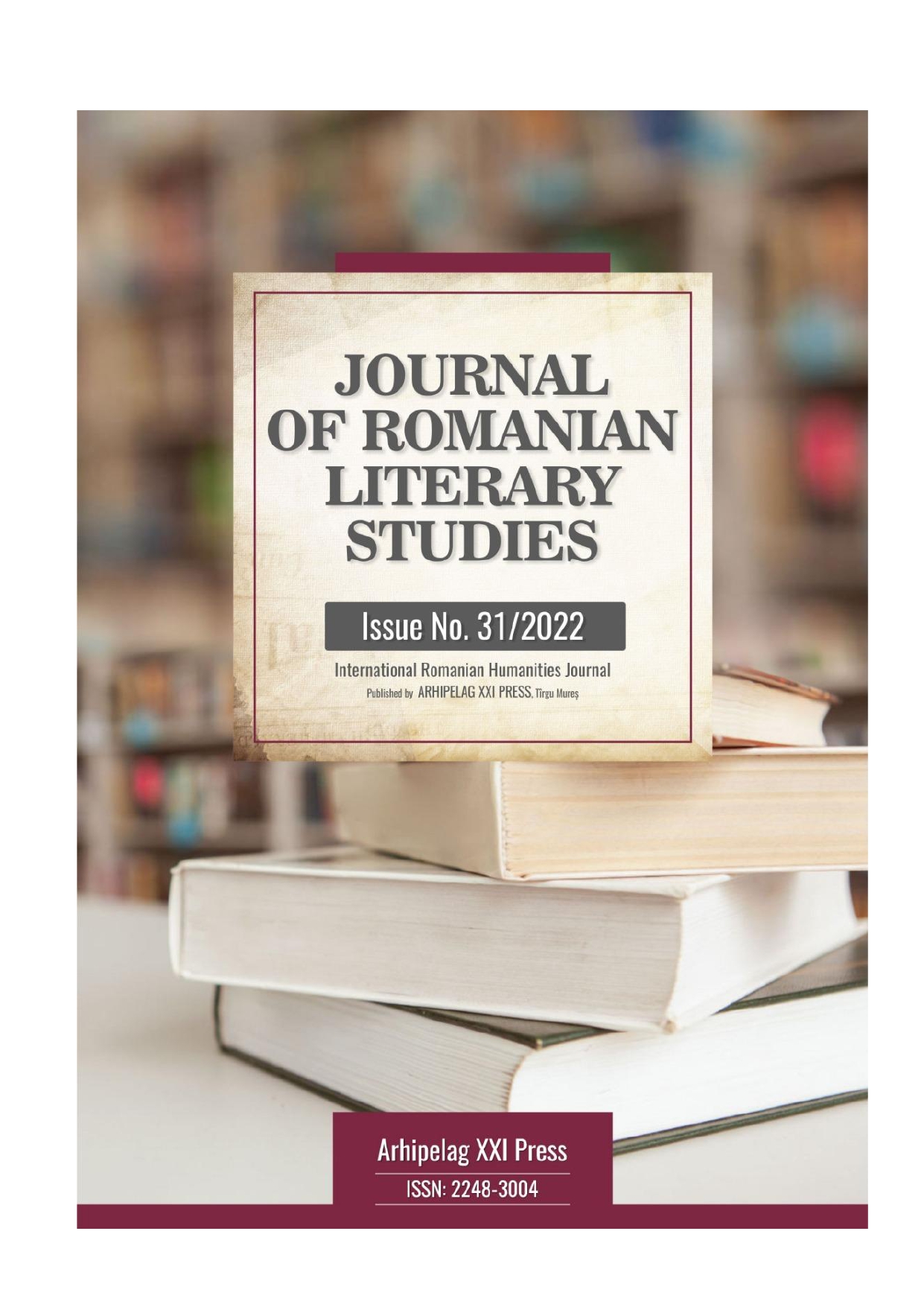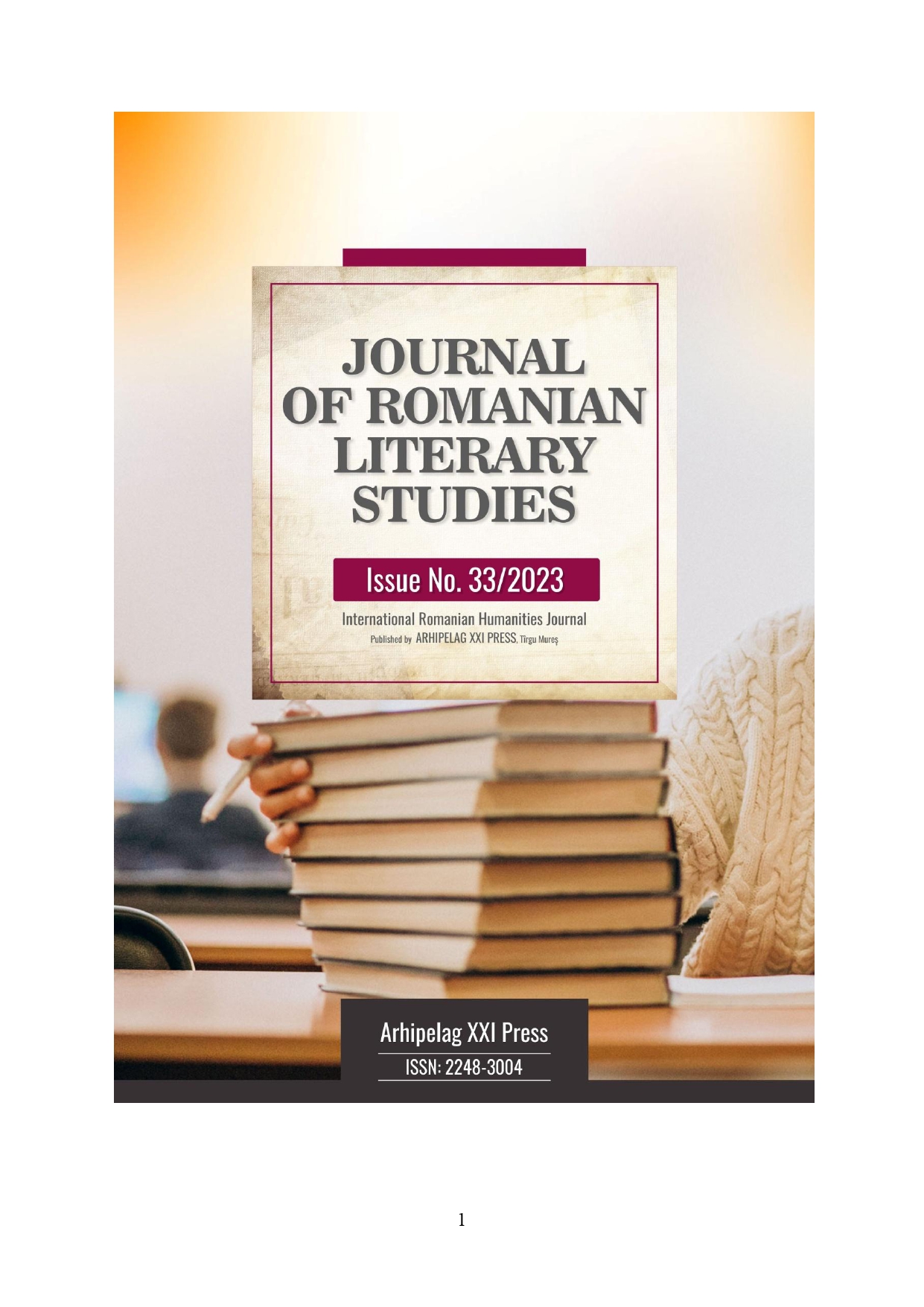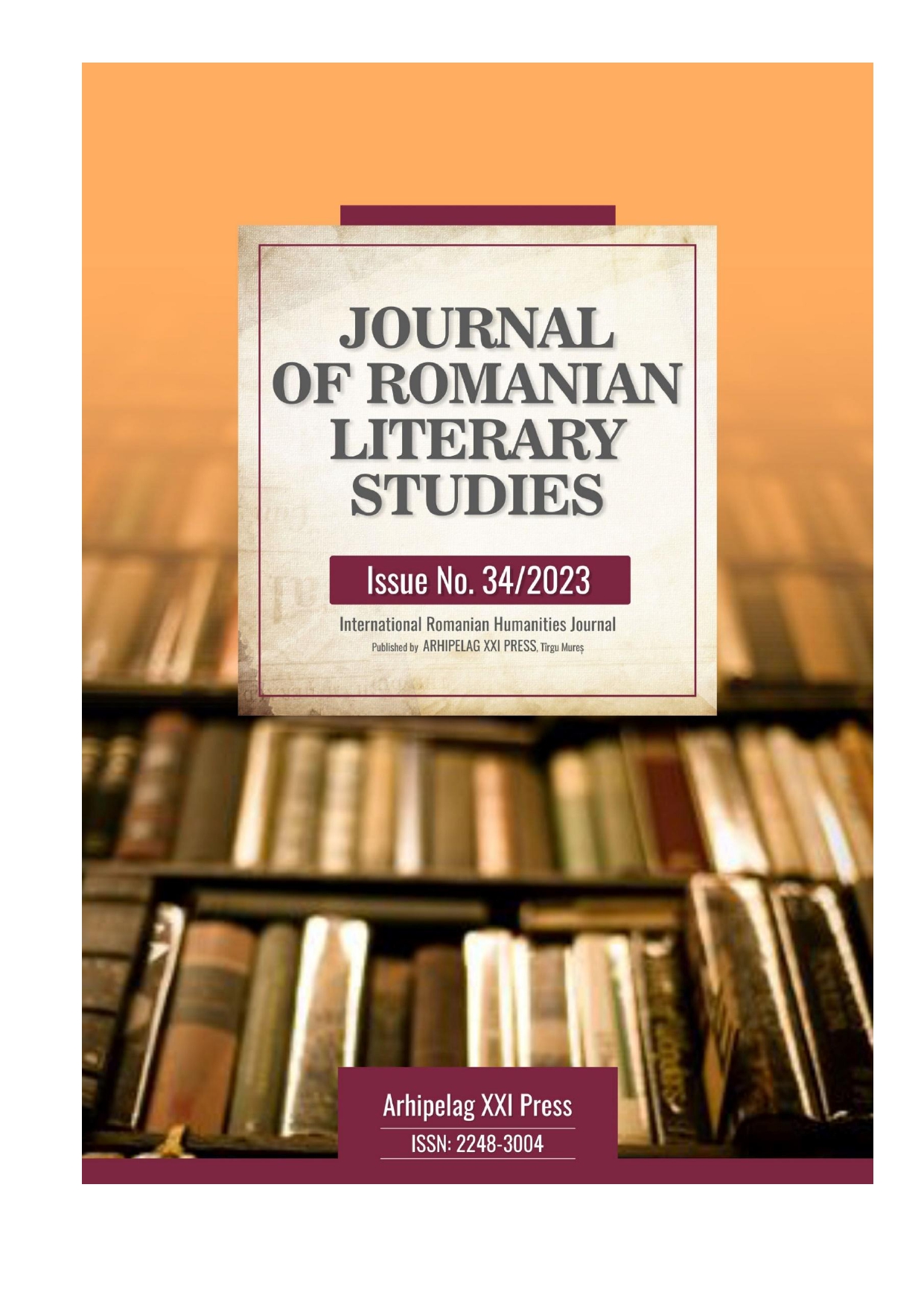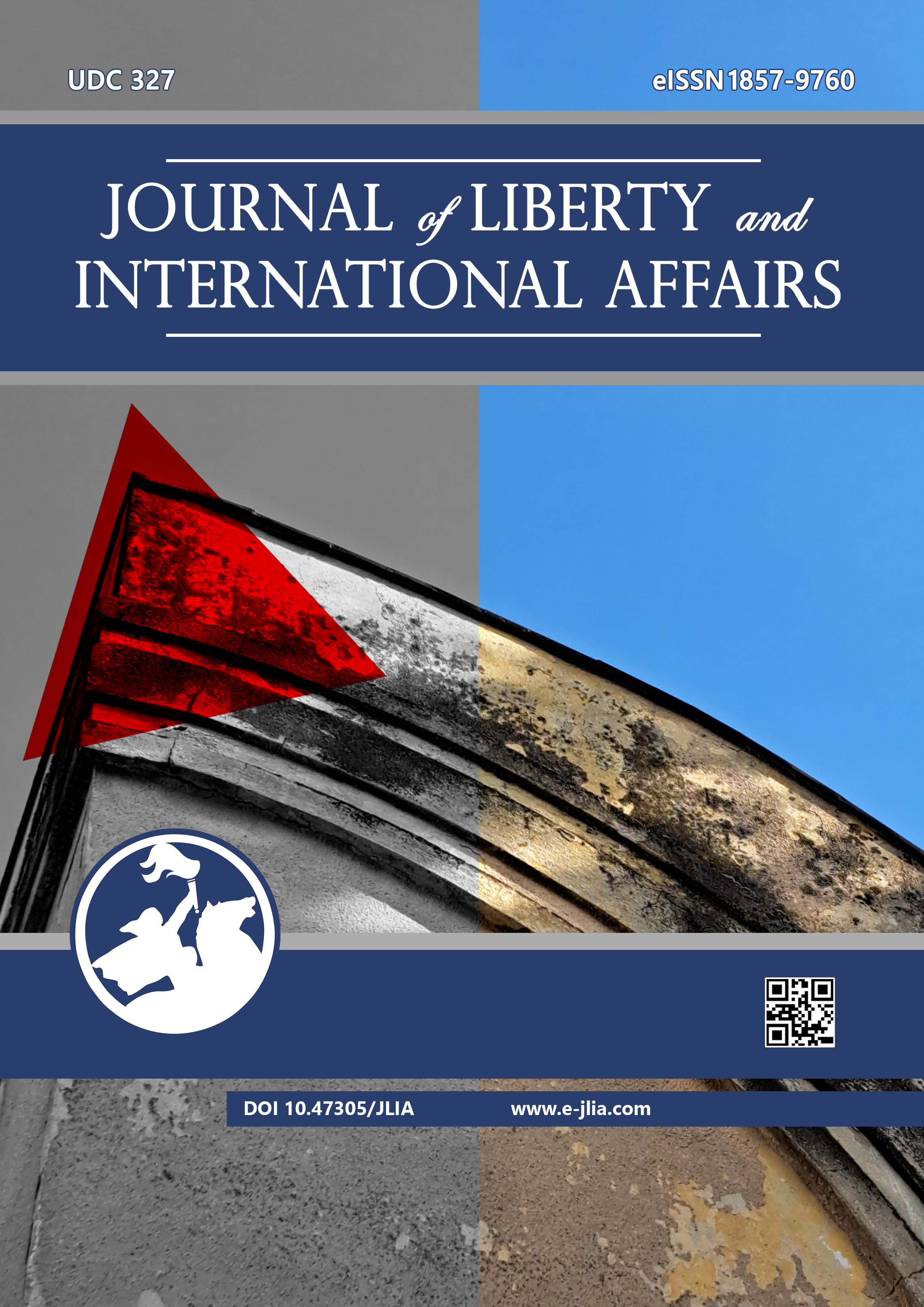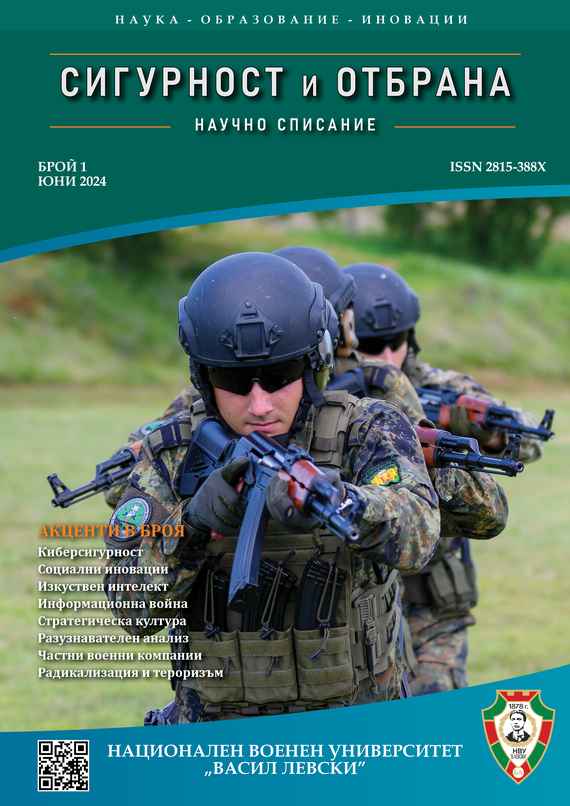Author(s): Ionela-Maria Zegrean / Language(s): Romanian
Issue: 31/2022
With the year 1970, Nicolae Ceausescu’s cult of personality was one of the defining elements of Romanian communism. Activists, artists, writers and journalists, a series of people constantly preoccupied with material gains, important positions in society and more, brought a significant contribution to the glorification of the leader from Bucharest and his homeland, creating a real propaganda machine, which spawned a growing cult of personality. In addition to representing the figure of Nicole Ceausescu in tens of thousands of paintings, graphic works, sculptures, songs, in the area of literati and literature, the pages of literary magazines were also full of political writings that would outline the ideal image of the leader and the state. Writers such as Veronica Galis, Corneliu Vadim Tudor, Ion Brad expressed, in their own style, the feelings of love and veneration for the leader, for the country and the nation they belonged to. Despite the preponderance of writings published in such a direction, there were also works whose theme was completely distanced from what it meant to adore/praise the leader and the regime, focusing on other themes, the entire poetic discourse of writers rather focusing on the image of nature, a love etc. At first reading, these writings did not arouse any alarm sign, which is why they went unnoticed for activists of the time, being able to be published. On closer inspection, however, these creations evoked hidden meanings. The approach, in particular, of a desolate setting, of tragedy, of pain, often found in the works of writers like Ana Blandiana, Stefan Augustin Doinas, Mihai Beniuc was a hidden way of projecting a reality, which they, at that time, lived and which they were deprived of exhibiting. That's why for many of them, the period of the 1970s-1980s meant a censorship of creative ideas, with the writers being forced to express their true feelings using a coded language.
More...
